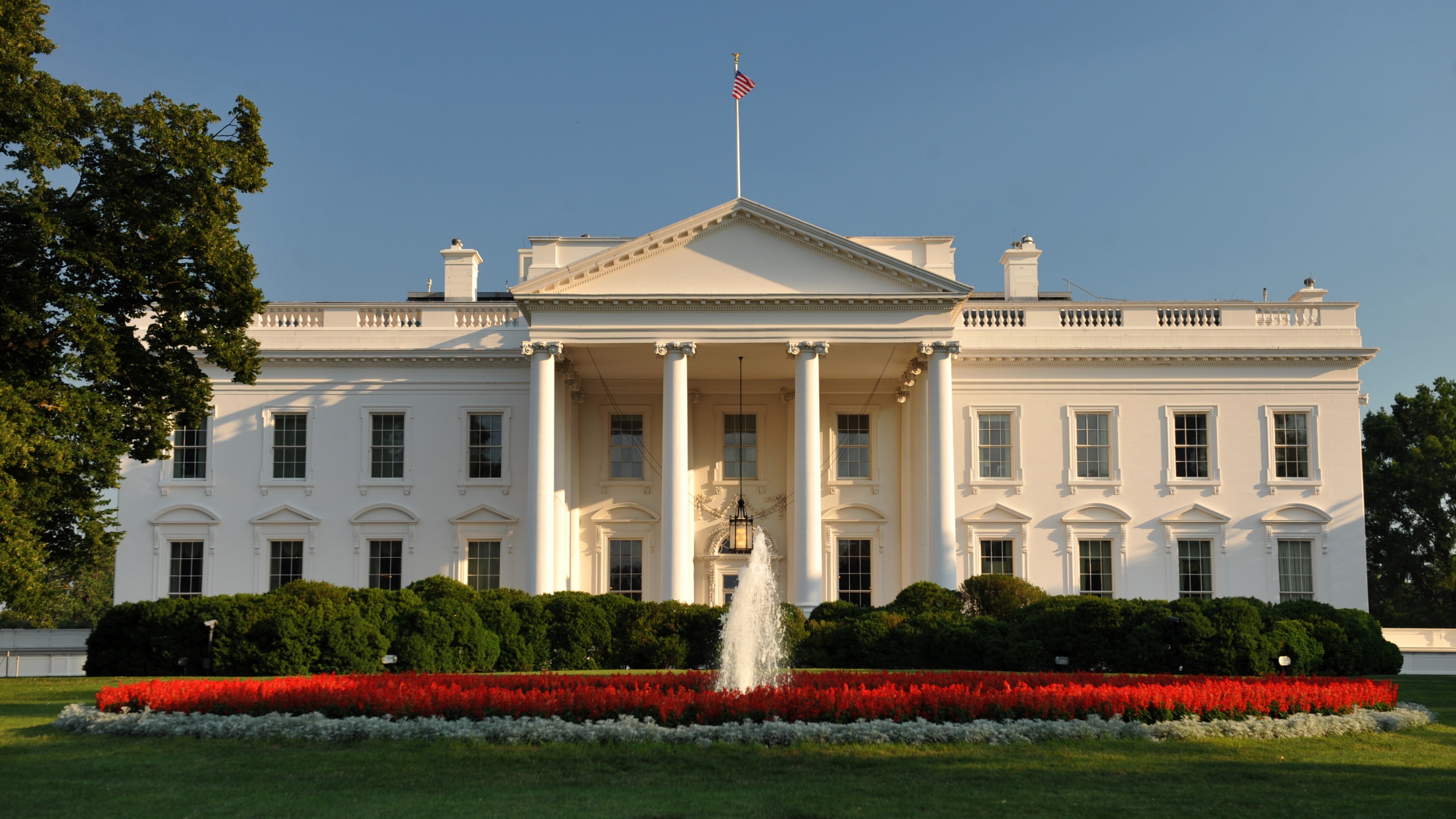OpenAI has sought US policy support for its vast infrastructure programme while insisting it does not want taxpayer guarantees for its data centres, as the White House signalled there will be no federal backstop for artificial intelligence firms.
The ChatGPT maker last week signed a seven‑year, $38 billion cloud deal with Amazon Web Services to secure access to hundreds of thousands of Nvidia chips and bring capacity online by the end of 2026, Reuters reported. “Scaling frontier AI requires massive, reliable compute,” said Sam Altman, OpenAI’s chief executive officer. “Our partnership with AWS strengthens the broad compute ecosystem that will power this next era and bring advanced AI to everyone.”
Alongside private deals, OpenAI has been outlining what it views as appropriate public‑sector support. Altman said OpenAI had discussed federal loan guarantees linked to US chip manufacturing rather than data centres, and posted that “we do not have or want government guarantees for OpenAI data centres,” according to Reuters.
In parallel, Bloomberg reported that Chris Lehane, OpenAI’s chief global affairs officer, urged the administration to expand a 35 per cent Chips Act tax credit to AI data centres, server makers and grid components, arguing it would “lower the effective cost of capital, de‑risk early investment and unlock private capital.”
Policy makers have pushed back on suggestions of wider guarantees. Senior officials told Bloomberg there are “no plans” to consider a financial backstop for AI, a position echoed by White House AI and crypto czar David Sacks, who wrote on X: “There will be no federal bailout for AI. The U.S. has at least 5 major frontier model companies. If one fails, others will take its place.”
OpenAI’s finance chief Sarah Friar had earlier suggested the government could “backstop the guarantee that allows the financing to happen,” remarks she and Altman later clarified.
OpenAI’s broader build‑out is vast. Altman has said the company intends to commit $1.4 trillion over eight years to expand computing resources, including chips and data centres, and is exploring ways to sell capacity directly as an “AI cloud,” according to posts cited by Reuters.
The scale has raised questions about funding for a loss‑making startup, with analysts noting heavy multi‑year commitments across providers including Microsoft, Google and Oracle.
Legal and public‑interest pressures are also intensifying on the company. The Wall Street Journal reported seven lawsuits filed in US and Canadian courts alleging that extended interactions with ChatGPT led to harmful delusions and, in four cases, suicide.
OpenAI said in a statement: “This is an incredibly heartbreaking situation, and we’re reviewing today’s filings to understand the details,” adding, “We continue to strengthen ChatGPT’s responses in sensitive moments.” The suits seek damages and product changes such as automatically ending conversations when suicide methods are discussed.
Separately, Sam Altman was publicly served with a subpoena while speaking at the Sydney Goldstein Theater in San Francisco last week. Footage widely shared on social media showed an investigator from the San Francisco Public Defender’s Office step onto the stage and announce he had “a subpoena for Sam Altman.”
The office later said Altman was a potential witness in a pending criminal case and that prior attempts to serve him at company headquarters had failed. An activist group called Stop AI claimed responsibility on social media, saying the trial concerns what it describes as the extinction threat posed by artificial intelligence.


